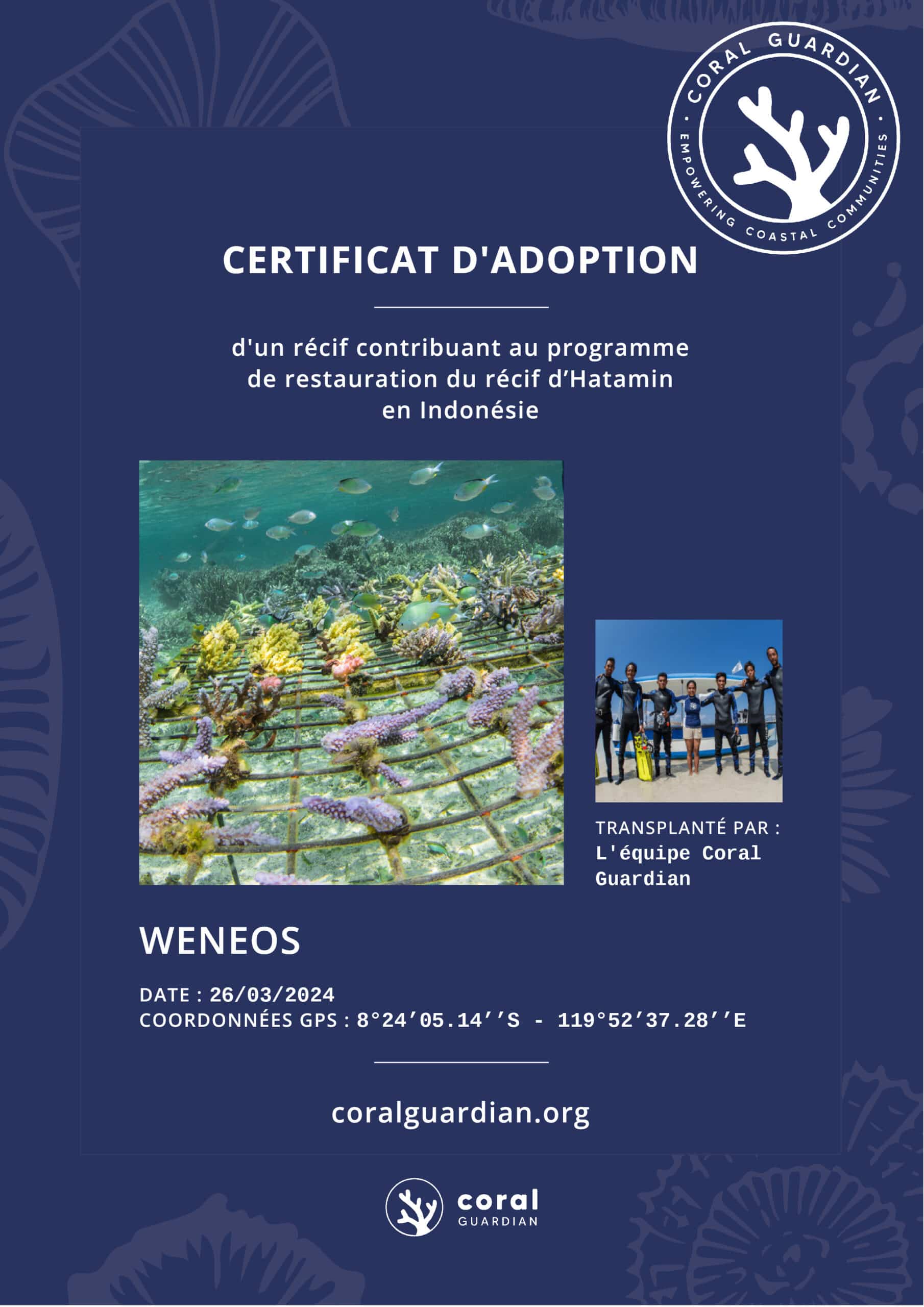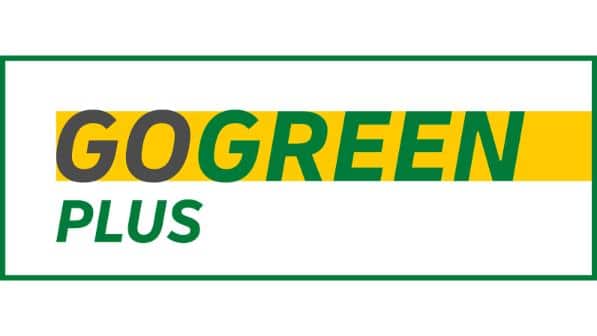Our environmental approach
The management and employees of WENEOS are committed to acting in accordance with clear environmental commitments and to developing them regularly through new initiatives, thereby contributing to a more sustainable future.
These provisions cover a number of aspects, including waste management, reducing our consumption, our contribution to biodiversity at national and global level, and so on.

Our commitment to biodiversity
Coral reefs are being damaged by a series of threats linked to human activities. The main sources of prolonged stress for these ecosystems are overfishing, pollution and coastal development. Without rapid intervention, corals could become extinct by 2050.
As part of our commitment to protection, we have launched an action program to help restore coral reefs. Protecting coral reefs has many advantages:
- At the heart of the oceans' biological diversity: coral reefs are considered by scientists to be the habitat of over 25% of marine species. Corals also play a key role in the establishment of other ecosystems.
- A barrier against coastal erosion: Although reefs cover only 0.2% of the sea, they offer protection to over 150,000 kilometers of coastline across more than 100 nations and territories. By forming a barrier that attenuates the force of waves, they play an essential role in reducing coastal erosion.
- A pillar for food: Over a billion people live within 100 kilometers of coral reefs, benefiting from their ecological services. Of these, 500 million depend directly on these ecosystems for their livelihoods. Reefs have the capacity to produce between 5 and 15 tonnes of fish and crustaceans per square kilometer, making them a crucial food source.
In this way, we frequently contribute to the adoption of corals or reefs, while monitoring the restoration area through our partner Coral Guardian.
Avant fin 2024
Bâtiment bioclimatique

Dans le cadre de notre engagement envers le développement durable et la préservation de l'environnement, nous sommes fiers d'annoncer notre investissement dans la construction d'un nouveau bâtiment de 800 m² (ossature bois) conforme à la réglementation environnementale 2020 (RE2020).
Cette démarche s'inscrit dans une volonté de réduire significativement l'empreinte carbone de nos activités, en favorisant l'émergence de constructions plus vertes et énergétiquement efficaces. Les bâtiments RE2020 se distinguent par leur haute performance énergétique, l'utilisation de matériaux éco-responsables et leur capacité à produire plus d'énergie qu'ils n'en consomment, grâce à l'intégration de technologies renouvelables. En plus de minimiser l'impact environnemental, cet investissement offre des avantages économiques tangibles, tels qu'une réduction des coûts énergétiques et une valorisation accrue des biens immobiliers. Il reflète également notre responsabilité sociale d'entreprise, en contribuant au bien-être des occupants et à la préservation des ressources naturelles pour les générations futures.
Utiliser de l'énergie électrique provenant exclusivement d'origine renouvelable
Grâce à l’option énergie renouvelable, nous nous engageons en faveur du développement des énergies renouvelables et contribuons au respect de l’environnement et à la lutte contre le réchauffement climatique.
Ainsi, dès que notre contrat le permettra, nous nous engagerons avec notre fournisseur – via le mécanisme des garanties d’origine* – à ce qu’une quantité d’électricité certifiée d’origine renouvelable équivalente au niveau d’engagement choisi soit injectée sur le réseau électrique.
*Le mécanisme des garanties d'origine vise à certifier l'origine renouvelable d'une certaine quantité d'électricité injectée sur le réseau électrique. Les garanties d’origine sont délivrées par un organisme indépendant désigné par l'autorité administrative, en charge de la gestion du registre national des garanties d’origine. Les sources d'énergies renouvelables sont définies par le code de l'énergie : il s’agit notamment des énergies éolienne, solaire, géothermique, aérothermique, hydrothermique, marine et hydraulique, ainsi que l'énergie issue de la biomasse […].
Electronic signature
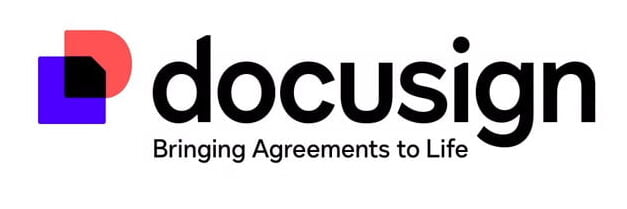
Our reports are signed by DocuSign in accordance with 21 CFR Part 11.
In 21 CFR Part 11, the Food and Drug Administration (FDA) sets out its requirements for electronic registrations and signatures. The regulation aims to enable the widest possible use of technology, while guaranteeing the integrity and security of electronic records and signatures, thus supporting the Food and Drug Administration's responsibility to protect public health.
As a result, the DocuSign Part 11 module features functions designed for documents and approvals regulated by 21 CFR Part 11, including:
- Pre-packaged account configuration
- Signature level accreditation
- Significance at signature level (reason for signature)
- Manifestation of signature (printed name, date/time and reason for signature)
Promote dematerialization wherever possible (archiving, invoicing, etc.).
Archiving is systematically and exclusively done electronically and without printing, using a scanner and data storage and protection software.
In addition, our customers are invoiced by e-mail in PDF format. No invoices are sent by post.
Finally, the Paperless Trade (PLT) option is used for our shipments that no longer physically attach the invoice or other documents (no more paper and no more ink).
Commit to using only recycled or FSC/PEFC-certified paper, and to reducing its use as much as possible
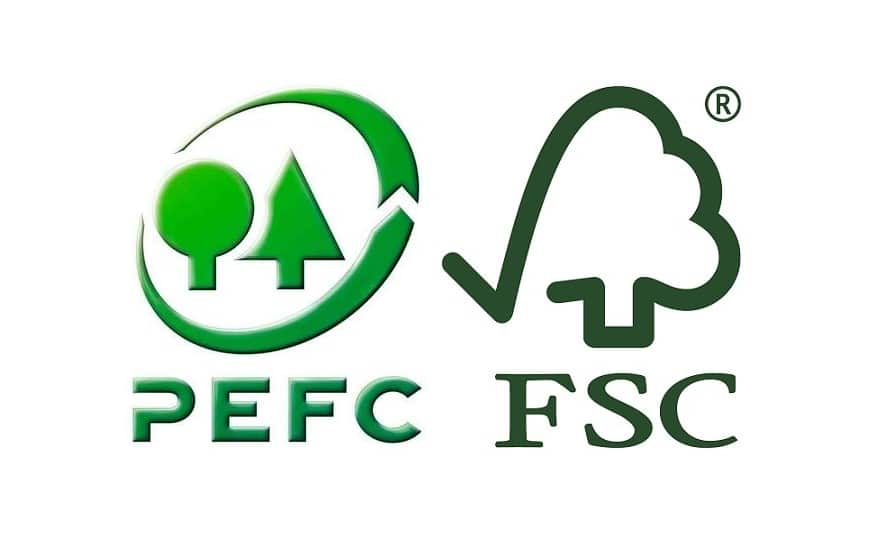
Internal communication is mainly electronic, with postal mail only used when absolutely necessary.
If paper is used by the company (for printing, envelopes, etc.), it is strictly from 100% recycled sources or from sustainably managed FSC or PEFC certified forests.
Finally, if a printer is used, it is selected only if it meets at least one of the following criteria:
- Imprim'Vert, Print Ethic, B Corp, Label Lucie, Engagé RSE or equivalent,
- has ISO14001 environmental certification and certification for the use of eco-responsible paper (FSC, PEFC or equivalent).
Zero Waste approach
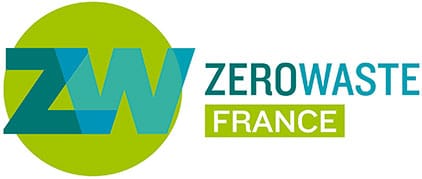
The waste generated by our infrastructure mainly comes from the inputs
required for our operations (product reception, consumables, etc.) and from our
activities. All waste is sorted and recycled, at all production levels, in accordance with the ZEROWASTE approach (an association we support):
- LIMIT THE DISPOSABLE
The fight against the "disposable" is at the heart of the Zero Waste approach. It aims to promote alternatives to the single-use products that populate our daily lives, and which are responsible for considerable quantities of waste and unreasonable consumption of planetary resources. - REDUCE AND SORT ORGANIC WASTE
Organic waste still accounts for a third of our residual waste, which ends up in landfill or incineration. Combating food waste and generalizing bio-waste sorting are essential to limiting the environmental impact of processing our waste. - EXTENDING THE LIFETIME OF OBJECTS
Greenhouse gas emissions, resource consumption, waste production... our consumer goods are not neutral for the environment. Extending their lifespan is an essential component of a zero-waste approach and zero waste of resources! - RECYCLING WHAT CANNOT BE AVOIDED
While the priority is undoubtedly to reduce, then reuse and repair, we must nevertheless organize the management of waste that remains unavoidable. Sorting waste at source, as far upstream as possible (at home, in the workplace...), is therefore essential. - FIGHT POLLUTING TREATMENTS
Landfill, incineration, mechanical-biological sorting... What do these channels correspond to? The zero-waste approach also involves learning about and challenging polluting waste treatment methods.
For example, printer toner cartridges are recharged or recycled by specialized companies, each office has a waste garbage can and a waste paper basket for recycling, and our purchases give preference to recycled and/or recyclable materials.
Promote purchases from local companies that are committed to respecting the environment, have ecological certifications, and offer eco-responsible products or services.
It is also common practice to purchase supplies produced close to our facilities.
Companies that take measures to protect the environment, proposing innovations or sustainable alternatives, are favored over their competitors.
Place particular emphasis on reusable materials, especially for cleaning, hygiene, dishwashing and cooking needs.
WENEOS has abandoned the use of single-use crockery for company meals and festivities. Selective sorting of PET and aluminum has become an established practice in our cafeteria.
Bottles have been phased out in favor of tap water and reusable water bottles.
For cleaning, the company uses microfiber cloths, significantly limiting the use of detergents and chemicals, and sources only certified ecological cleaning products.
We prefer materials that are free of volatile organic compounds (VOCs) and biodegradable (walls, floors and the general working environment).
Use of durable electronic equipment
The company resolutely opts for high-performance, environmentally-friendly equipment. Thus, durable electronic equipment is designed to withstand daily use (physical durability, energy savings, etc.), to be repairable and to evolve with technological advances (upgrading, technological longevity, universal compatibility, etc.). It also means reducing electronic waste by extending the life of the device and making it easier to reuse or recycle its components at the end of its useful life. Several labels are available on the market and our equipment is selected:
![]() EPEAT® label (Electronic Product Environmental Assessment Tool)
EPEAT® label (Electronic Product Environmental Assessment Tool)
![]() TCO (Total Cost of Ownership) label
TCO (Total Cost of Ownership) label
 Blue Angel
Blue Angel
 Nordi Swan
Nordi Swan
![]() Distribution index
Distribution index
Promoting eco-mobility
Eco-mobility promotes the use of environmentally-friendly means of transport such as bicycles, public transport and electric vehicles, helping to reduce greenhouse gas emissions and preserve our environment.
To this end, a number of actions have been implemented:
- Raising awareness of eco-mobility among our staff, to encourage the use of bicycles, public transport and electric vehicles whenever possible.
- Providing our staff with private eco-mobility stations to promote clean modes of transport (bicycles, recharging stations, etc.).
- Eventually renew our vehicle fleet with low-emission vehicles.
Reduce business travel as much as possible
Reduce our business travel (e.g. videoconferencing) as much as possible and help reduce our carbon footprint by choosing a cleaner means of transport or offsetting our emissions.
Our shipments
Rising carbon emissions are one of the greatest environmental and economic challenges of our time. We work actively and continuously to make all our export shipments climate-neutral through a number of sustainable alternatives that reduce the carbon footprint of our supply chain.
We reduce our carbon emissions linked to transport thanks to the green logistics services of our carriers and the GoGreen Plus offer.
A number of actions have been implemented:
- use of sustainable aviation fuel (SAF) to reduce CO2 emissions (30% in 2023, 70% in 2024 and 90% in 2025),
- calculating our emissions during the transport of a shipment and offsetting them with VER (Verified Emission Reductions) carbon credits from certified and recognized international climate protection projects,
- optmization of our supply chain via several levers (e.g. consolidation of shipments, parcel sizing, etc.).
Our parcels
- Our parcels are prepared using responsible packaging and cushioning:
- reuse of incoming cardboard (condition permitting) or purchase of 100% recyclable packaging (more environmentally friendly),
- transformation of used cardboard into cushioning material by padding,
- use of Kraft paper adhesive tape and natural rubber glue.


